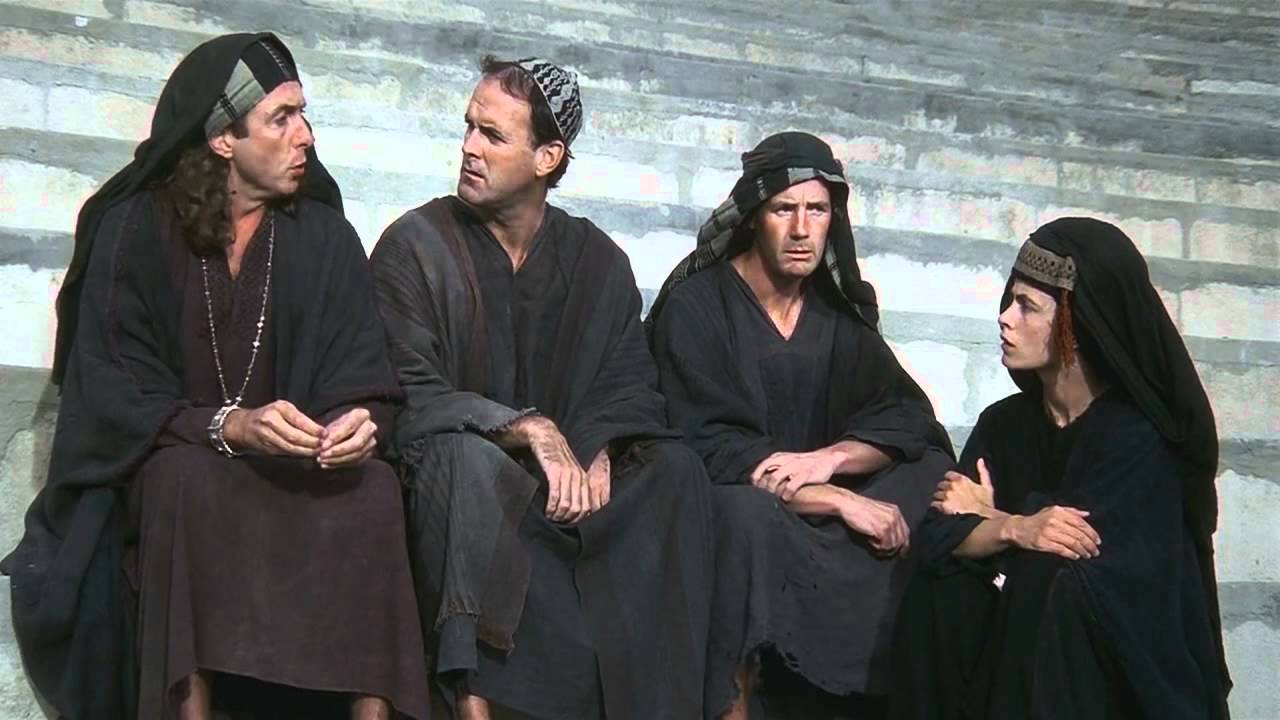UK’s Benefit System and the Dynamics of Single Motherhood
Introduction
The United Kingdom’s benefit system has long been a subject of scrutiny and debate, with critics asserting that it inadvertently contributes to the phenomenon of single motherhood and, subsequently, a perceived erosion of societal values. This multifaceted issue intertwines economic policy, social dynamics, and ethical considerations, presenting a complex landscape that requires careful analysis. In this comprehensive exploration, we delve into the mechanisms at play, the socio-economic context, and the implications on moral standing within society.
I. The Interplay of Economic Incentives
The UK’s benefit system is designed to provide a safety net for individuals and families facing financial hardship. However, some critics argue that certain elements of the system inadvertently create economic incentives for single motherhood. For instance, means-tested benefits can create a scenario where some individuals might find themselves better off financially if they remain unmarried and continue to receive government assistance.
The provision of housing benefits, particularly in high-cost urban areas, can be a significant factor. Critics suggest that this system might encourage some individuals to forgo forming traditional family units, as it is economically more advantageous for a single parent to claim housing benefits separately. This scenario can inadvertently disincentivize marriage or cohabitation, leading to a rise in single-parent households.
II. The Complex Web of Social Dynamics
Unpacking the relationship between the benefit system and single motherhood requires a nuanced examination of social dynamics. The rise in single-parent households is influenced by a myriad of factors, including changing cultural norms, evolving gender roles, and individual life choices. While economic incentives might play a role, it is essential to acknowledge that these dynamics exist within a larger socio-cultural context.
The empowerment of women, increased access to education and career opportunities, and shifts in societal expectations have contributed to a transformation in family structures. The decision to become a single mother is often driven by a combination of personal circumstances, aspirations, and beliefs, rather than solely by economic considerations.
III. Moral Standing and Societal Values
Critics often express concern about the perceived erosion of good moral standing in society, linking the rise in single motherhood to a broader decline in traditional family values. This perspective raises ethical questions about the role of the state in shaping family structures and the implications for the fabric of society.
However, it is essential to approach this argument with caution. The definition of “good moral standing” is subjective and varies across cultures and eras. What might be considered virtuous in one context may not hold true in another. Additionally, focusing solely on single motherhood as a yardstick for moral standing oversimplifies the complexities of individual lives and ignores the diverse ways people contribute to their communities.
IV. Addressing the Complexity
Navigating the intricate relationship between the benefit system, single motherhood, and societal values requires a balanced and holistic approach. Instead of blaming a single factor, it is crucial to consider the broader socio-economic landscape and recognize the agency of individuals in shaping their life choices.
- Comprehensive Social Policies: Addressing the potential economic incentives of the benefit system should involve a comprehensive review of social policies. This might include reconsidering means-tested benefits to ensure they do not inadvertently discourage families from forming or cohabiting.
- Education and Support: Promoting awareness and education about the implications of single parenthood and the challenges it might entail is essential. Offering support for parents, including access to affordable childcare and educational opportunities, can empower individuals to make informed choices.
- Embracing Diversity: Society must acknowledge and respect the diversity of family structures, recognizing that moral standing is a complex and multifaceted concept that cannot be distilled down to a single parameter.
Conclusion
The intricate relationship between the UK’s benefit system, single motherhood, and moral standing is a complex issue that defies simplistic explanations. While economic incentives might contribute to certain trends, the rise in single-parent households is a result of a confluence of factors, including evolving social norms, individual agency, and fatherless homes. To address the potential challenges, it is imperative to adopt a comprehensive and nuanced approach that promotes informed choices, supports families with two parents, and recognizes the diverse contributions individuals and couples make to society.




































